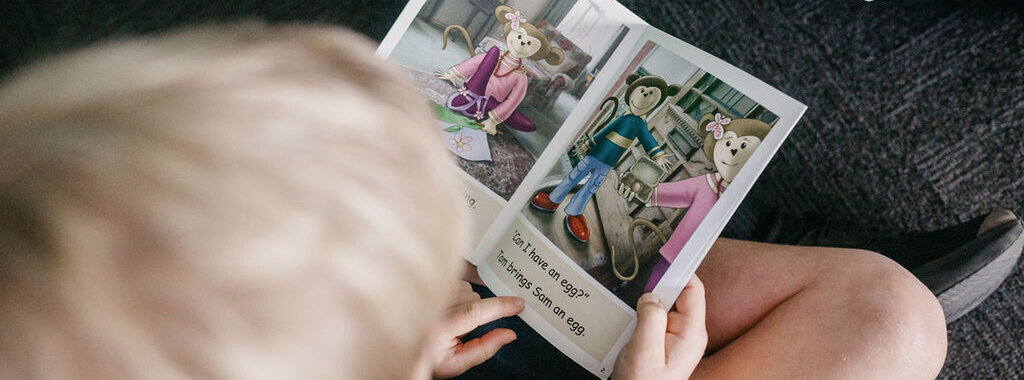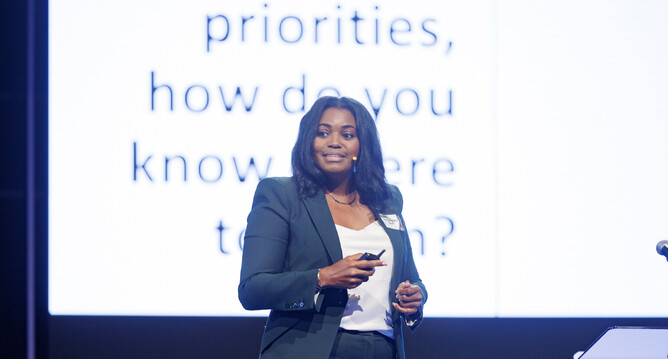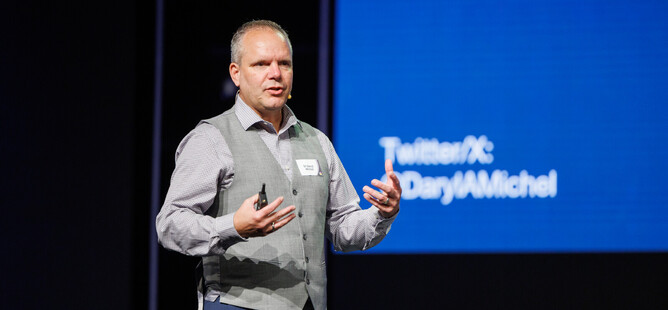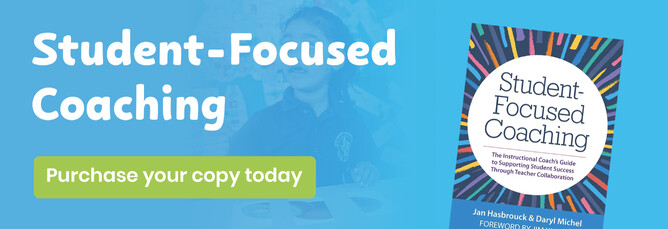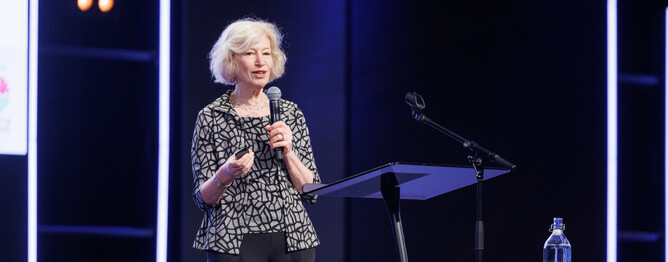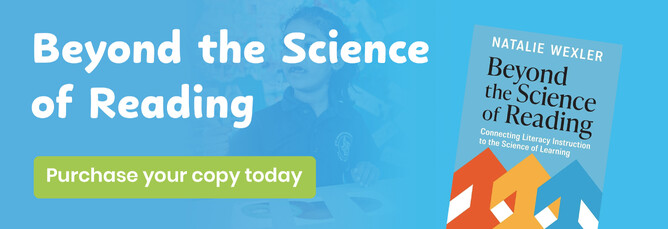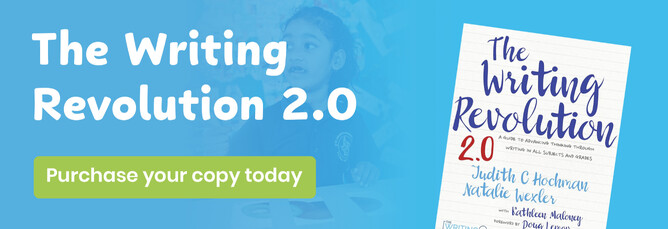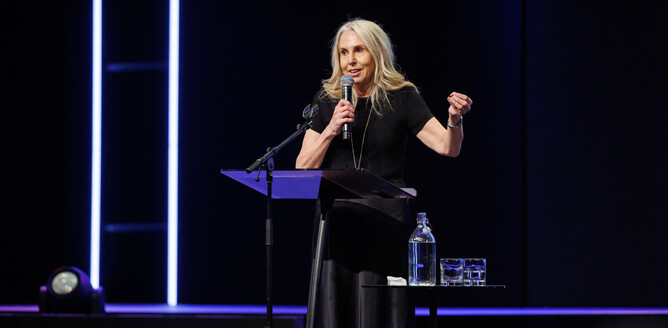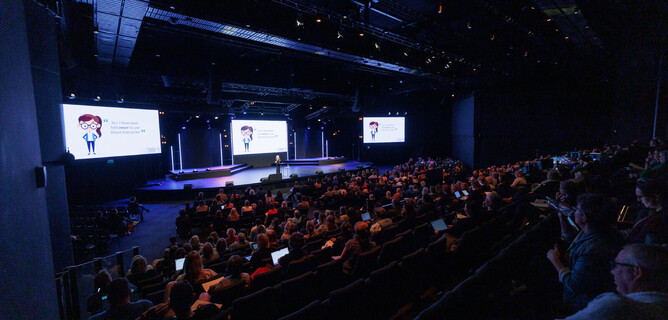At this year’s Cultivating the Literacy Landscape Symposium, four outstanding keynote speakers challenged, provoked, and inspired us to think deeply about what it takes to lift literacy outcomes across Aotearoa. From Mississippi’s remarkable progress, to the call for clarity and cohesion in schools, to the urgency of knowledge-building, and the role of explicit instruction, each keynote left us with powerful lessons and a renewed sense of purpose.
Lessons from Mississippi: Dr Kymyona Burk
Dr Kymyona Burk shared Mississippi’s story, a state once ranked 49th in the United States for reading that now sits 9th. This dramatic shift was no miracle, but the result of determined policy, professional learning, accountability, and relentless focus on implementation.
She reminded us that every educator, regardless of title, is a leader. Leadership is seen in the choices we make daily: what we teach, how we monitor progress, and whether we change what is not working. Mississippi’s success shows that with aligned vision, shared responsibility, and evidence-based practice, equity is possible.
I had the privilege of visiting classrooms in Mississippi and meeting with their Department of Education in 2024. They shared that some ten years into their journey, they are still refining implementation, reviewing data, and working towards improvement. Sustainability is not a quick fix but a long-term commitment. As Dr Burk told us, if she had not lived it and led it, she would not believe it herself.
Her humility and honesty underscored a profound truth: transformation is possible, but only through persistence and shared ownership.
Seeing People and Finding Focus: Dr Daryl Michel
Dr Daryl Michel grounded us with clarity and energy, urging us to see the people in front of us and to know our “why”. He reminded us that if my why and your why are aligned, then consistent outcomes and cohesion are possible.
His message was practical and powerful. Schools cannot fix everything at once. We must diagnose the real problem, gather evidence from multiple sources, and then choose one high-leverage focus to work on together. Whether the challenge lies in vocabulary, oral language, or comprehension, success comes from prioritising, sequencing, and staying the course.
He reinforced the research on professional learning: new practices take sustained study, opportunities to see them in action, repeated practice, and peer coaching that is collaborative rather than evaluative. The culture we create in our kura matters. A shared focus gives teachers clarity, leaders direction, and students the best chance of success.
Building Knowledge, Freeing Minds: Natalie Wexler
Natalie Wexler reminded us that while phonics and spelling are vital foundations, they are not enough on their own. Students may learn to decode words accurately, yet without background knowledge and vocabulary, comprehension remains out of reach. To move students beyond simply lifting words off the page, we must also build their knowledge of the world.
She put it simply: “When we teach literacy, we should teach content. When we teach content, we should teach literacy.” Much of what we teach comes through the vehicle of print, so the two are inseparable. Without strong literacy, students cannot access content. Without a broad base of knowledge, they cannot fully comprehend what they read.
Her keynote challenged us to ask whether our schools are truly building knowledge year on year. Are we deliberately teaching critical content and vocabulary across the curriculum? Are we designing instruction so that every strand of the reading and writing rope is woven together? Done well, this frees cognitive load by moving essential knowledge into long-term memory, leaving students with more capacity to think, reason, and learn.
This is where the opportunity lies for Aotearoa. Te Mātaiaho provides progressions and a clear framework, and our job is to bring it to life by consciously linking literacy and knowledge. The task is significant, but Wexler’s keynote affirmed that as professionals, we mustn’t simply be aware of the challenge, we must be strategically equipped to meet it.
Teaching that Works: Professor Lorraine Hammond PhD AM
Professor Lorraine Hammond AM spoke with candour about her early shock as a secondary English teacher faced with students who had spent 10,000 hours at school yet still could not read. That moment set her on a path of discovery that led to a lifelong commitment to explicit instruction.
She reminded us that education too often runs on ideology and beliefs rather than facts. Students do not need us to “love them into literacy.” They need well-structured, explicit, and high-impact instruction that makes learning stick in long-term memory.
Her keynote cut through noise and resistance with practical clarity. Effective teaching is not about what we prefer as educators, but about what students need in order to succeed. In her words, it comes down to three questions: Are they paying attention? Are they thinking? Are they practising? If the answer is yes, then learning is taking place.
She left us with a challenge. Change is never popular, but it is necessary. Explicit instruction works for all students, in all contexts, because it aligns with how the brain learns.
A Shared Call to Action
Across all four keynotes, one message was clear: the future of literacy in Aotearoa depends on our willingness to align, to act with clarity, and to stay the course.
Dr Burk showed us that transformation is possible when policy, practice, and persistence come together.
Dr Michel reminded us that we cannot do everything at once, but we can do the most important thing first.
Natalie Wexler challenged us to link literacy and knowledge deliberately, so comprehension can flourish.
Professor Hammond AM demonstrated that explicit instruction is not optional but essential if we are serious about equity.
Our speakers brought Te Mātaiaho to life, noting the clear scope and progressions it offers, and they encouraged us to make it real in classrooms. They impressed upon us that while progress is underway, the work is far from finished.
As one keynote speaker put it, “Equity is not achieved through phonics alone, nor by handing students books. Equity is secured when every child has the background knowledge and vocabulary to make sense of their world.”
That is the challenge before us. And it is also our greatest responsibility.
For further insight you might like to check out Natalie Wexler’s latest book Beyond the Science of Reading and Daryl Michel’s Student Focused Coaching.
